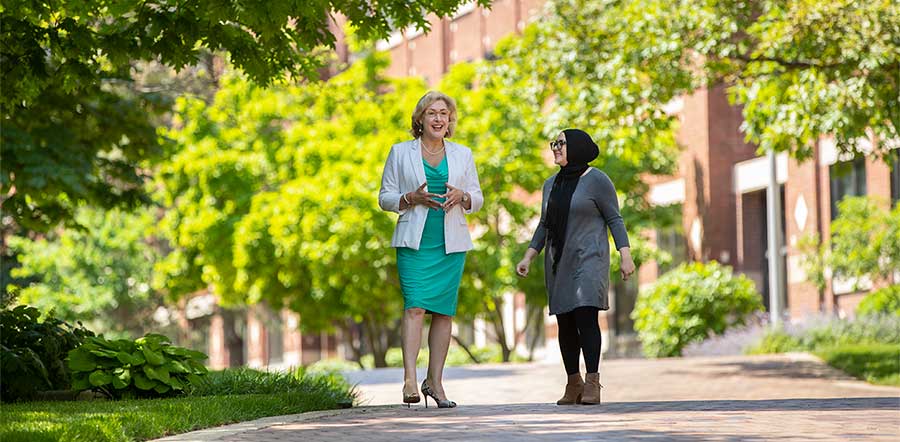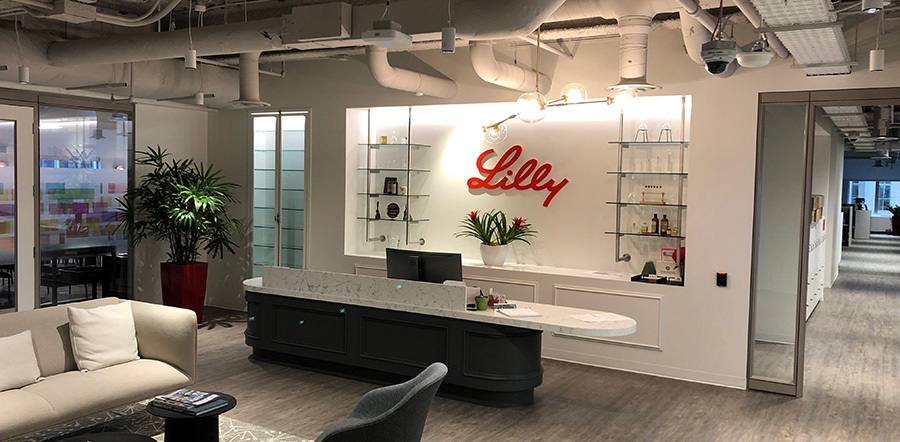Anti-Counterfeiting
The Dangers of Counterfeit Medicines
Counterfeit medicines are a serious public health risk. They are not inspected by regulatory authorities and are often manufactured illegally in unsanitary conditions. Their sources are unknown, and their contents are disreputable.
Counterfeit medicines pose a danger to patient safety as they may contain toxic ingredients. They are never safe to use and taking them can be fatal.
Unfortunately, the counterfeiting business is growing. Global criminal networks produce and distribute counterfeits in all major therapeutic areas, in all major geographies, and in more than 100 countries. The sales of counterfeit medicines generated an estimated $200 billion in illicit profits in one year alone [2016].
Lilly’s Anti-Counterfeit Initiatives
Lilly is committed to advancing medical innovation while maintaining the best standards of product quality to ensure the safety of patients.
Lilly takes extensive action to safeguard public health. We have an internal Global Anti-Counterfeiting Team who investigate suspected counterfeit Lilly products. Procedures are in place to identify manufacturing and distribution trends to deter illegal activity.
No single entity can stop counterfeiting. That's why Lilly partners with global government-, regulatory- and law enforcement agencies, along with other pharmaceutical companies, to execute a global anti-counterfeiting strategy that maximizes patient safety.
Meanwhile, we support international educational efforts, as well. We have joined forces with non-governmental organizations such as the World Health Organization, World Health Professionals Association and World Customs Organization, to warn patients and health care professionals about the dangers of buying medicines from non-traditional outlets.
The internet aggravates the problem by creating an anonymous, global marketplace for the trade of counterfeit medicines. Alarmingly, nearly 97% of online drug sellers and 62% of medicines purchased online are not legitimate. With the growing technological sophistication and capabilities of today’s counterfeiters, it is imperative that we work together with other organizations to locate counterfeit medicines, detain the criminals responsible and protect patients.
Patient’s Role in Anti-Counterfeiting
Buying through established channels – for instance, obtaining a prescription from a health care professional and filling it at a reputable pharmacy – is the first step to help ensure patients obtain safe products.
Patients should check the packaging and look for any changes in the shape and color of the medicine.
If patients suspect a counterfeit or tampered product, they should report it to their pharmacy, health care provider and the manufacturer. Patients should also save the medicine so that it can be tested. If you have additional questions or concerns about the safety of any of Lilly’s medicines, please call 1-888-545-5972.
How to Report Adverse Events
Report an Adverse Event (or Side Effect)
Contact Us
Learn More

